It was a very bad year (for some)
Yes, tech companies do a great job of making our lives better. But since they're run by humans, none is perfect. So, just like every other year, 2012 brought its fair share of mistakes, flops, and failures. Here are 20 of the biggest tech mishaps from the past year.Instagram uproar
When Facebook acquired Instagram earlier this year, it was almost a given that Team Zuck would do something to enrage the once-independent photo service’s loyal followers. And, sure enough, in December Instagram updated its privacy policy, giving itself the right to use people's photos and other personal information in advertisements, without any compensation to users. Of course, a community backlash followed, and no matter how hard Instagram tried to explain itself , the damage was done: The service had lost its innocence.PlayStation Vita’s lifeless launch
Sony threw everything it could into its latest handheld gaming device, which included a 5-inch touchscreen, a quad-core processor, a rear touch panel, and dual thumbsticks to replicate the home console experience. But so far, it hasn’t been enough. Sales of the Playstation Vita haven’t met expectations, and game publishers are less than eager to throw support behind the struggling handheld. Maybe a price cut would spark sales, as it did for Nintendo’s 3DS, but Sony has already ruled out that possibility for 2012, ensuring a very slow start for an admittedly impressive piece of hardware.Microsoft leaves Windows Phone 7 users behind
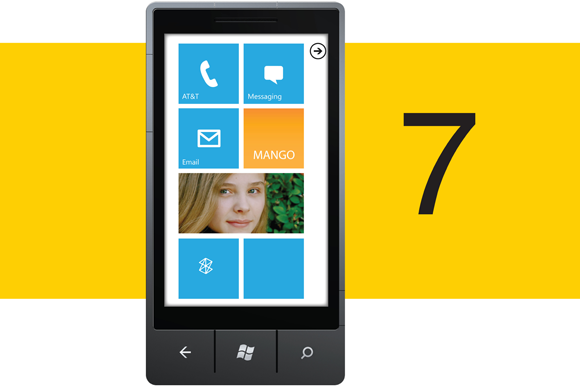 Windows Phone 8 is Microsoft’s latest-and-greatest attempt to steal some thunder from iPhone and Android handsets. It has a shared kernel with Windows 8, which makes apps easier to develop and port. It has cool features such as Kid’s Corner, augmented reality camera apps, support for Xbox Music, and full-resolution camera uploads to SkyDrive. But sorry, Windows Phone 7 users, you won’t be able to use them, because pre-Windows Phone 8 handsets won’t be getting the upgrade. Enjoy the stripped-down Windows Phone 7.8 instead, coming sometime early next year ... maybe.
Windows Phone 8 is Microsoft’s latest-and-greatest attempt to steal some thunder from iPhone and Android handsets. It has a shared kernel with Windows 8, which makes apps easier to develop and port. It has cool features such as Kid’s Corner, augmented reality camera apps, support for Xbox Music, and full-resolution camera uploads to SkyDrive. But sorry, Windows Phone 7 users, you won’t be able to use them, because pre-Windows Phone 8 handsets won’t be getting the upgrade. Enjoy the stripped-down Windows Phone 7.8 instead, coming sometime early next year ... maybe. Thanks for your loyalty!
Google TV's hapless quest for dominance
Google TV is starting to show some signs of improvement. The smart TV platform now includes sorely needed features like the ability to purchase movies and shows directly through Google Play, an overhauled programming guide, and simpler beaming of YouTube videos from mobile devices to the big screen. But thanks to Eric Schmidt’s proclamation that Google TV would be on the majority of new TVs by mid-2012 —something that clearly didn’t happen—it still gets a big “fail” this year. Maybe it’s time to lower those expectations, Eric.
Blackberry 10’s no-show
Other than announcing an occasional bit of bad news, BlackBerry maker Research in Motion was essentially invisible in 2012. The company announced no new major products, and in June it pushed back the launch of BlackBerry 10 until early 2013. RIM argues that the delay gives it more time to perfect its overhauled operating system, and to avoid competing with a crowded holiday release lineup. Still, the longer RIM waits, the more BlackBerry’s relevance and market share slips away. What we’ve seen of the new OS at least looks pretty, so maybe RIM is just prepping for one of the greatest tech comebacks of all time.
Windows 8's lackluster launch
Let’s start with the good news: Microsoft says it sold 40 million Windows 8 licenses in its first month. The bad news is that overall PC sales are still down, Microsoft’s Surface tablet hasn’t been a big seller, and Windows 8 tablet sales are “almost nonexistent,” according to market research firm NPD. To make things worse, all those cool laptop-tablet hybrid designs that are supposed to take full advantage of Windows 8 have been hard to find in retail stores. It’s too early to call Windows 8 a failure, but the early signs of trouble aren’t encouraging.Apple’s misguided Maps
When Apple overhauled its Maps app in iOS 6, replacing Google’s data with its own service, the company boasted on its website that it had built “the most powerful, beautiful mapping service ever.” That turned out to be a fantasy, as users complained of inaccurate mapping data and warped imagery. The backlash was so bad, in fact, that Apple CEO Tim Cook apologized and suggested alternativeswhile the company cleans up its mess. The superlative-laden description of the app on Apple's website was also quietly removed. Ouch. For Apple to recommend competing products? The ghost of Steve Jobs must be livid.Facebook's IPO falls flat
Facebook’s arrival on the stock market was the most hyped-up tech IPO in recent memory, and while the company at first blamed issues with NASDAQ, the stock fell to less than half of its original value in the months after launch, and is just now starting to claw its way back. The bigger problem? It’s still not clearhow the social network can extract lots of money from its 1 billion active users. The rush to monetize Facebook’s mobile products will define the company’s efforts in 2013, but the hits it took from the press and financial analysts in 2012 will not be soon forgotten.The Lumia 920 PureView’s camera crew
By announcing the Lumia 920smartphone in September—two months before launch—Nokia had hoped to steal some attention from rival phone makers. Unfortunately, Nokia’s much-hyped PureView camera technology attracted the wrong kind of attention when both a demo video and sample photos turned out to be fake, making use of professional camera crews and lighting to merely simulate the image quality of Nokia’s smartphone camera. The company quickly apologized for its mistake, but the whole incident is a real shame considering that the camera really is great.Security breaches galore
It’s no longer a surprise when the Web services we rely on get hacked, but that doesn’t mean the companies who fail to protect our data don’t deserve any public shaming. Among this year’s big failures: Zappos, with 21 million records breached; LinkedIn, with 6.5 million hashed passwords posted online; and eHarmony, which saw 1.5 million user records stolen. Although the stolen passwords were all encrypted, the most common ones are easy to crack—all the more reason not to set your password as “ password.”Yahoo’s CEO scandal
As if Yahoo doesn’t have enough problems to worry about, the company’s turnaround plans ground to a halt this year when evidence emerged that then-CEO Scott Thompson had embellished some aspects of his resume. Thompson eventually stepped down, but the affair may be a blessing in disguise: The company eventually hired former Google executive Marissa Mayer as CEO, with hopes that a product-driven boss can bring new life to the company.
Cisco cloud router’s rainy day
Consumer-grade Internet routers usually don’t get much attention in the tech world, but that changed this summer when Cisco got a little overzealous with its “Cloud Connect” service. The new service, delivered automatically to some users in a firmware update, was meant to allow easy remote access to router settings. The problem was that Cisco’s terms of service promised to record users’ usage histories, and banned certain behavior such as watching porn and distributing copyrighted files. The backlash prompted Cisco to apologize, change its terms of service, and provide clear instructions for rolling back to older firmware.Motorola's broken upgrade promises
Now that it’s owned by Google, Motorola Mobility is supposed to be a model for timely upgrades to users’ Android software. But the company got off to a rocky start this year when it reneged on plans to upgrade a few of its phones from Android 2.3 Gingerbread to Android 4.0 Ice Cream Sandwich. But at least there’s a consolation prize: Motorola phone users who’ve been left behind can get a $100 trade-in credit for a new phone that can or will run Android 4.1 Jelly Bean.SOPA and PIPA
This year, the U.S. Senate and House of Representatives learned a valuable lesson: Don’t enrage the entire Internet. In trying to push through SOPA and PIPA, a pair of deeply troubling bills designed to crush websites suspected of copyright infringement, lawmakers were met with an incredible backlash, with major players such as Google and Wikipedia censoring their sites in protest. Suddenly in the not-so-loving spotlight, the bills’ backers dropped support. It was a big victory for Internet freedom, but a huge failure for the entertainment industry, which had hoped to put some draconian antipiracy measures in place.Mass Effect 3’s rage-inducing ending
The conclusion to the Mass Effect video game trilogy was supposed to be a grand payoff—a culmination of all the game-changing decisions players had made throughout the series. What players got instead was a lame choose-your-own-path ending, one that didn’t seem to take into account players’ previous actions at all, and the backlash from fans was severe. Bioware, the developer of the series, tried to placate players with supplemental ending materials, but the rage had already boiled over, damaging the reputations of both Bioware and publisher Electronic Arts, and tarnishing a series that is otherwise a masterstroke of big-budget game design.Ultrabooks fail to impress
When Intel introduced the Ultrabook concept in mid-2011, it also set a lofty goal: 40 percent of laptops sold worldwide would be Ultrabooks by the end of 2012, Intel said. Although Intel hasn’t announced any official figures, analyst estimatesdon’t bode well. And if Intel does hit its 40 percent target, it may happen thanks only to porky, relatively pedestrian machines that stretch the definition of the thin-and-light category. Apple MacBook Air competitors these are not.OnLive’s sudden implosion
Cloud gaming services, which stream high-end games from remote servers, are supposed to be the future—but first they have to survive the present. That’s been a challenge for OnLive, which earlier this year was purchased by an outside entity, dissolved, and subsequently resurrected, minus the company’s founder and a significant chunk of its employees. By this time of year, we would have expected to see new blockbuster games like Assassin's Creed 3 and Borderlands 2 on the service. But right now, what should be a flow of new games seems barely a trickle, with the once-promising service at a standstill.The OnLive gaming service lives on, but its blow-up exposed the fragility of its business, calling the very concept of cloud gaming into question.
Microsoft’s 'Smoked by Windows Phone' campaign gets lit up by Android
Back in March, Microsoft was feeling confident enough about Windows Phone 7.5 to issue a challenge: Visitors to its retail stores could try to perform a basic function on their phones, and if they could beat a Microsoft employee who was using a Windows Phone, they’d get a $100 reward. Of course, a contest like this had to be stacked in Microsoft’s favor, but when one blogger managed to beat a Microsoft employee anyway, the contest blew up in the company's face when the store refused to reward the winning participant. Microsoft eventually apologized and made things right, but the incident ended up exposing just how rigged the game was from the start.
The rise and fall of Lulzsec
The hacker collective Lulz Security (or LulzSec) loved to talk a big game about its many exploits, but once authorities got their hands on the group’s alleged leader, everything came crashing down. Arrested in secret, Hector Xavier Monsegur became a model informant who worked tirelessly to dismantle the group from the inside. So much for sticking it to The Man.Nexus Q: The media streamer no one wanted
On the stage of its I/O developer conference, Google announced a handsome little metallic sphere called the Nexus Q. It was supposed to be a simple media streamer, controlled by Android phones and tablets, with a built-in amplifier for high-quality audio. But at $300, it was far more expensive than other set-top devices, and it supported only content from YouTube, Google Play Music, and Google Play Video. Although Google dazzled I/O attendees with free devices, few people in the outside world wanted an overpriced media streamer with limited functionality. Google delayed the Nexus Q indefinitely, and promised to give them away to the few people who preordered. That’s the last we’ve heard of it.Image Credit: iFixit.org.
Sign up here with your email
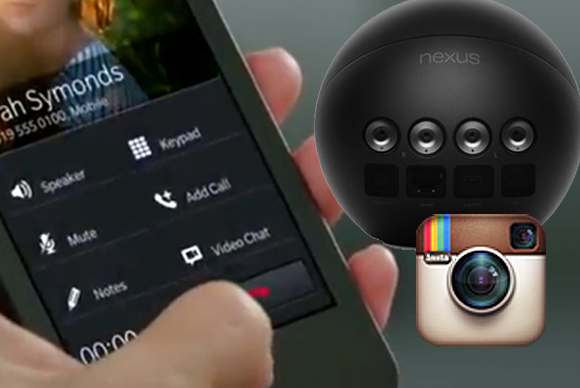
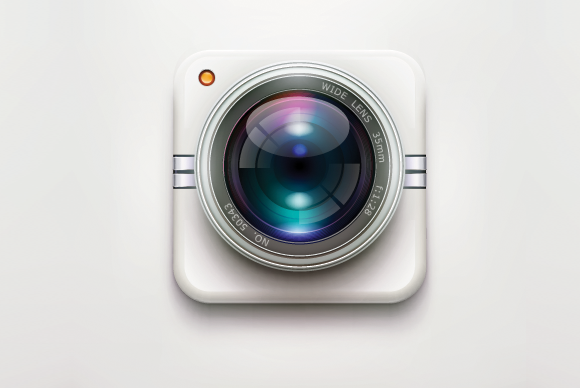
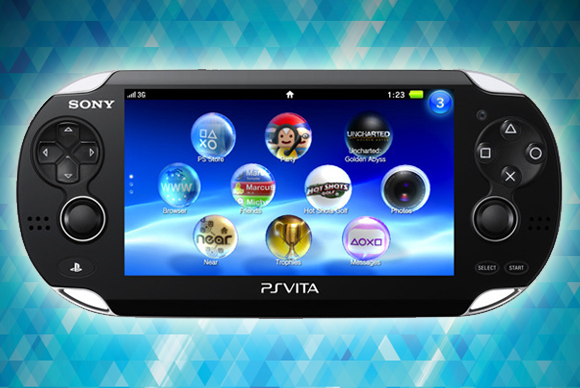
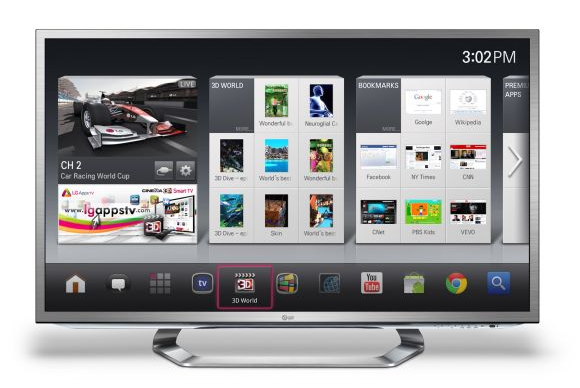
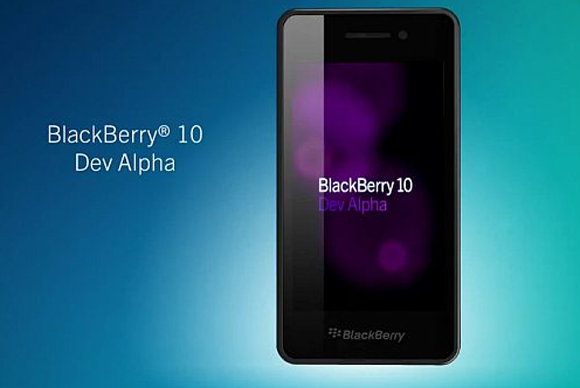
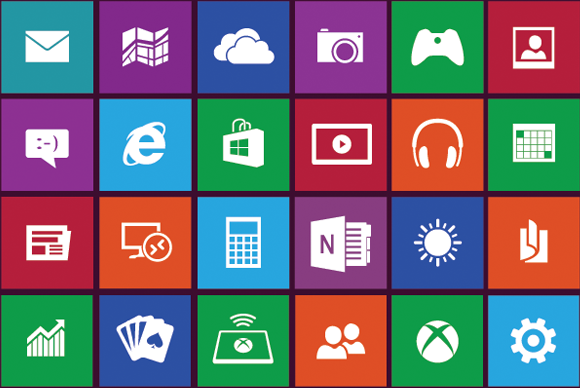

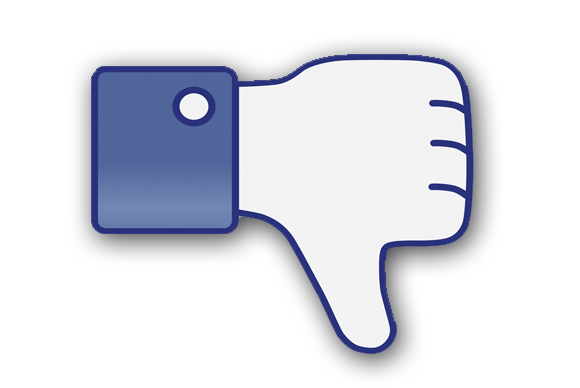





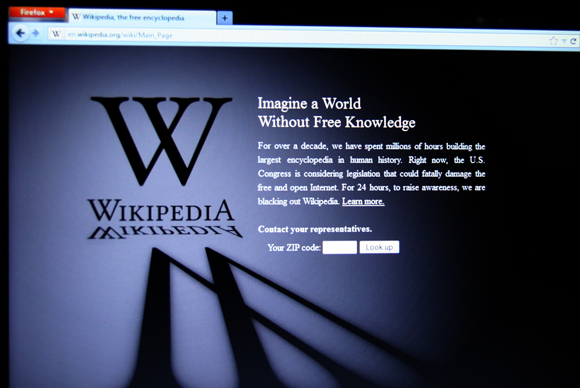

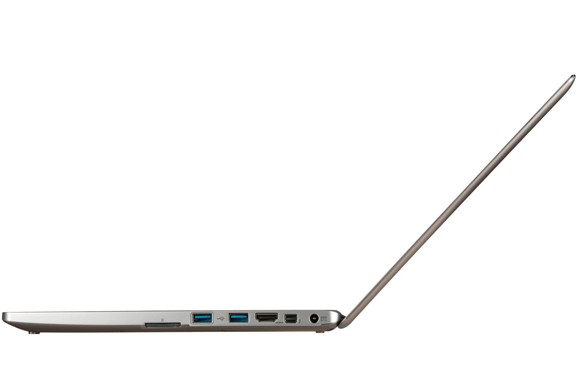
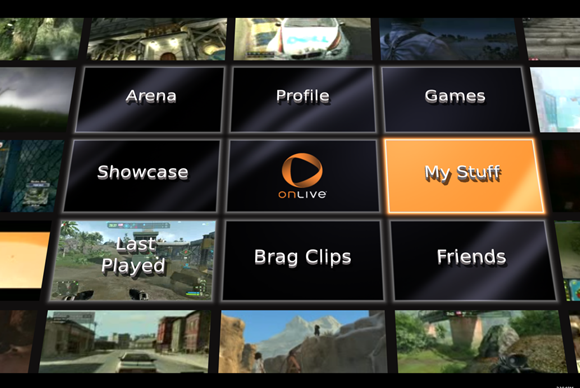



ConversionConversion EmoticonEmoticon